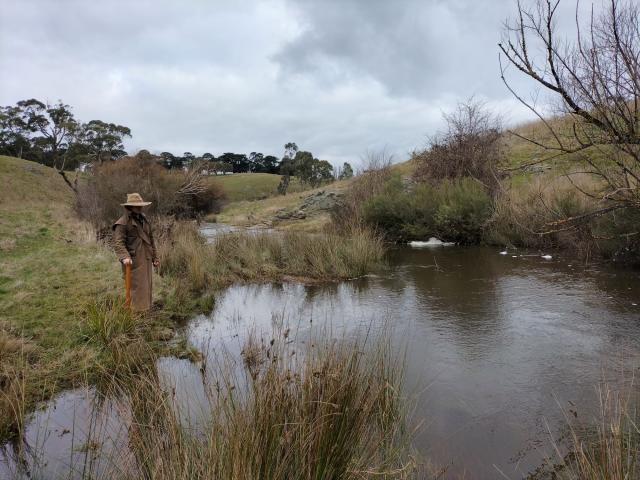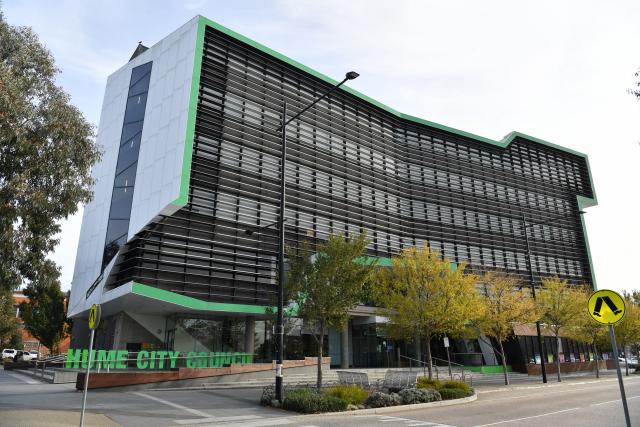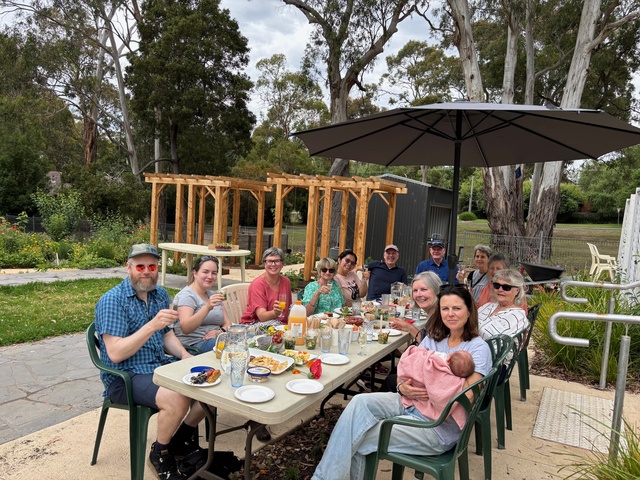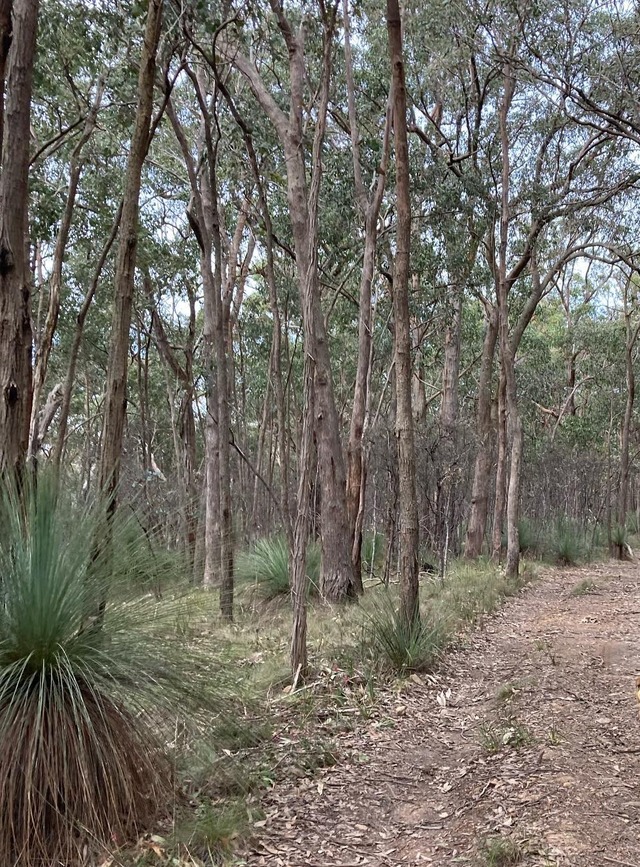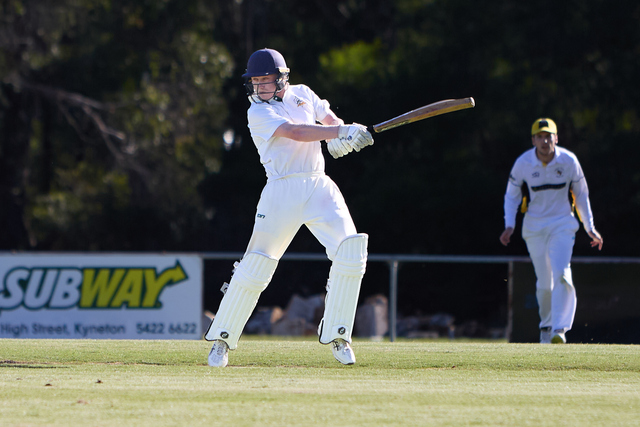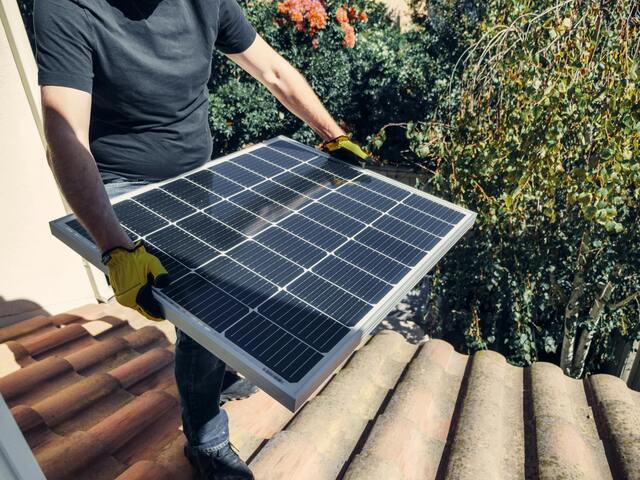Greater Western Water (GWW) discharged recycled water into Deep Creek around Romsey without approval from the environmental regulator, it has been revealed.
The Class B recycled water release has local farmers worried about the safety of their cattle, whose troughs draw from the creek.
Gerard Belleville owns Woodlands cattle farm in Springfield, and is an accredited Angus beef breeder – if his 600 heads of cattle are compromised by the discharge so too is his livelihood.
“They (GWW) are treating us just as of no consequence,” he said.
“They’ve clearly mismanaged the capacity of the sewerage facility.”
Greater Western Water notified residents on September 20 it would be releasing the water into the creek on Thursday, September 22, due to sustained rainfall leading to “a significant rise in water held in storage at the Romsey Recycled Water Plant”.
Responding to questions from Star Weekly, a GWW spokesperson said the water quality results confirmed the treated recycled water leaving the plant met “strict Class B regulatory guidelines and is suitable for livestock drinking water”.
However, in a letter seen by Star Weekly from the Environmental Protection Authority (EPA) to Mr Belleville, the water utility did not secure permission as required before the release took place.
“The EPA has refused to grant an emergency discharge approval,” the letter said.
“The EPA has been informed that GWW has no option other than to discharge to avoid putting wastewater infrastructure at risk of failure.”
EPA north west regional manager Scott Pigdon said the authority was in contact with GWW and was taking samples.
“It was noted at the time of sampling that, with the recent rainfalls, there was some flooding and therefore a very high dilution rate,” Mr Pigdon said.
“EPA has been informed the discharge water was only from the final holding lagoon that contains only fully treated Class B standard water that can be used for specified agricultural uses.”
Mr Belleville said his concerns were twofold – commercial and environmental – and he was worried by how fast the discharge took place considering the water flows directly onto his property.
“Everytime we sell a beast, we’re subject to [making] biosecurity declarations, and further than that, historically I’ve sold animals into live export breeding programs… they’ve got an even higher biosecurity requirement,” he said.
Both Mr Belleville and Monegeetta farmer Randall Gerkens said they were told in a 2019 written agreement from Western Water (now GWW) they would receive 14 days notice before the water utility service would go to the EPA to seek approval to discharge.
“I found out about it in a call on Tuesday afternoon, September 20… [they said] they were engaging with the EPA and were going to start discharging in the following day or so,” Mr Gerkens said.
Mr Gerkens described the “breach” of the agreement as “unconscionable and unethical”.
A GWW spokesperson said because it was an emergency situation it had not breached the EPA agreement.
“The undertaking previously provided by Western Water to three landowners only applied to EPA licence amendments and not emergencies,” the spokesperson said.
“Greater Western Water is upgrading the Romsey Recycled Water Plant, including increased storage to support the region’s growing population,” the spokesperson added.
Mr Belleville said he was still frustrated by the actions of GWW. He was supposed to be taking his first holiday with his family in years when the discharge took place.
“This all flares up on us, and it’s all consuming,” he said.

